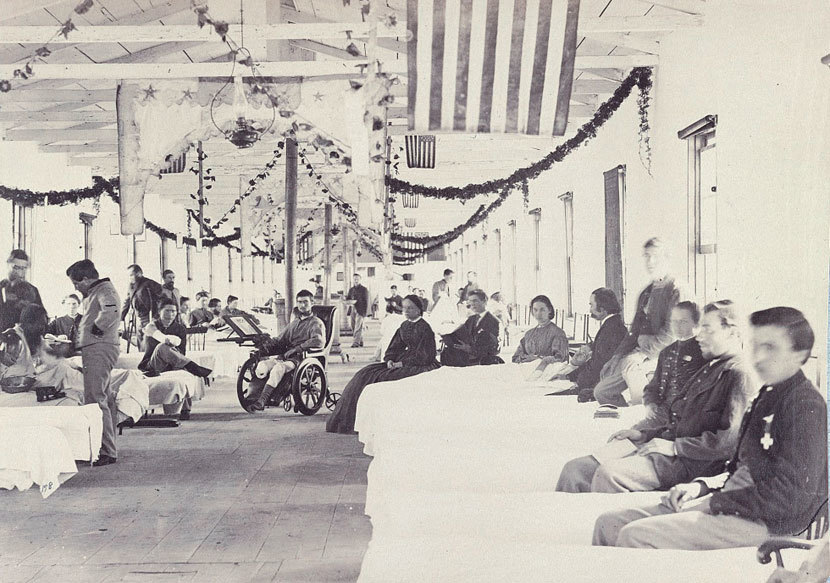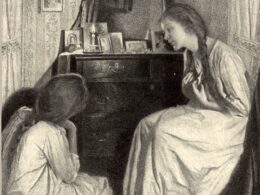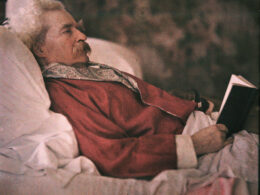Walt Whitman (1819–1892)
From The Civil War: The Final Year Told by Those Who Lived It

In December 1864, Walt Whitman sent a dispatch to The New York Times, and it appeared under the title “Our Wounded and Sick Soldiers.” In it he describes one of the many services he provided to Union soldiers recovering in military hospitals in the D.C. area:
“Writing Letters by the Bedside: I do a good deal of this, of course, writing all kinds, including love-letters. . . . Some are poor writers, some cannot get paper and envelopes; many have an aversion to writing because they dread to worry the folks at home—the facts about them are so sad to tell. I always encourage the men to write, and promptly write for them.”
The naturalist John Burroughs, who arrived in Washington during the fall of 1863 and soon met Whitman, later reported, “When practicable, he came to the long and crowded wards of the maimed, the feeble, and the dying, only after preparations as for a festival—strengthened by a good meal, rest, the bath, and fresh underclothes. He entered with a huge haversack slung over his shoulder, full of appropriate articles, with parcels under his arms, and protuberant pockets. He would sometimes come in summer with a good-sized basket, filled with oranges, and would go round for hours paring and dividing them among the feverish and thirsty.”
In addition to writing letters for the soldiers, Whitman is also known to have written to and for the family members of soldiers who had died, particularly in support of widows applying for military pensions after the war. For the one-two of Memorial Day (yesterday) and Whitman’s birthday (today, May 31), then, we reprint here a letter of “a few words, though from a stranger, about your son” he sent to a soldier’s mother shortly after the young man’s death.



